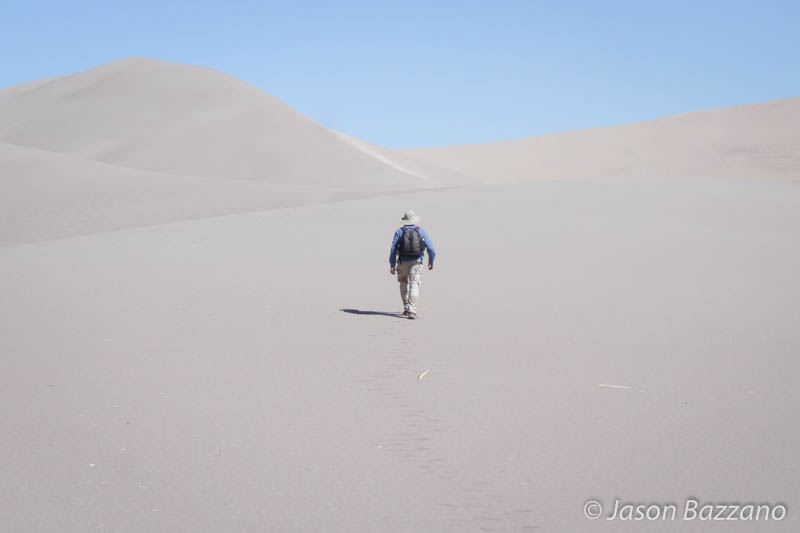Think back to the last hike you went on. Fresh air, nature-y stuff, a little exercise. Probably pretty fun, huh? But was that hike awesome? Was it particularly memorable, compared to all of the other hikes that you’ve been on?
If you were a naturalist, every hike would be that special.
You’ve heard of naturalists, right? Charles Darwin, Alfred Wallace, and Henry Bates were all prominent naturalist superstars that popularized the profession during the 19th century (the Age of the Naturalists). (For some fascinating accounts of the old pros, check out a couple of my favorite books here and here
). However, to the best of my knowledge, sometime in the early 20th century the market price of pinned beetles and skinned birds dropped precipitously, meaning that being a naturalist was no longer a financially viable career choice.
While it’s difficult to find employment as a naturalist these days, you don’t need to be a card-carrying professional to call yourself one. It simply involves paying attention to your surroundings and observing how they come together and interact with each other. A little background reading is key, of course: not only can a good reference explain what you’re seeing, but it can direct you to look for things you never would have noticed on your own.
The more you learn about your local environment, the more rewarding it is to immerse yourself in it. Every time you encounter familiar bits of natural history, it’s like running into an old friend. And every time you encounter something new, it’s all the more exciting.
Charles Darwin recorded a similar sentiment in his Voyage of the Beagle in one of his trademark run-on sentences:
“I am strongly induced to believe that as in music, the person who understands every note will, if he also possesses a proper taste, more thoroughly enjoy the whole, so he who examines each part of a fine view, may also thoroughly comprehend the full and combined effect.”
Being a naturalist doesn’t mean you have to “understand every note,” of course. Indeed, just noticing that the music is playing can be ample reward.
One word of caution, however: beware of having too narrow of a focus. In this age of specialization, people are often tempted to focus on one small part of natural history and ignore everything else. The keyword is naturalist, not birder, mammalogist, or the like. If you’re getting all sulky about NOT seeing something, you need to pay more attention to all the things you DID see.
For example, if you set out on a hike with your heart set on seeing a cougar, your single-track goal might leave you unfulfilled if you strike out. However, if you set out on your hike hoping to see some neat plants, insects, birds, amphibians, reptiles, geology, etc., you stand a pretty good chance of coming across something of particular interest every few minutes.
One final suggestion: get your friends on board. Sharing makes discoveries all the more awesome.

